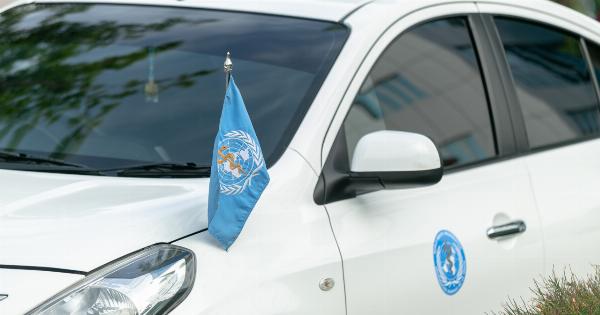Gone are the days when scholars were bound to their desks and libraries, only interested in research papers and academic journals. Today’s scholars are much more adventurous and risqué, pushing boundaries in the academic world and beyond.
Adventurous Scholars: Exploring the World
Many scholars today are interested in exploring the world, both for personal growth and academic research.
Whether it’s traveling to remote corners of the globe, studying in exotic locations or simply experiencing new cultures, adventurous scholars are breaking out of their comfort zones and discovering new perspectives.
In some cases, this adventurous spirit has resulted in exciting scientific discoveries.
For example, a group of scientists on an expedition in the Amazon rainforest discovered a new type of poison dart frog that they named after their leader Professor John Lynch. The discovery was published in the scientific journal Zootaxa and received international attention.
Risqué Scholars: Pushing Social Boundaries
While some scholars are exploring the world, others are pushing social boundaries in academia – challenging traditional views on gender, sexuality and identity.
This can be seen in fields such as gender studies, queer theory and feminist literature, where scholars are actively working to create inclusive and diverse academic communities.
This kind of work can be risky, with scholars often facing criticism and backlash. However, these brave scholars are determined to push forward and create a more equitable academic environment for all.
Adventurous and Risqué: The Intersection of Travel and Social Activism
For some scholars, travel and social activism go hand-in-hand. By immersing themselves in different cultures, these scholars gain a new perspective on social issues and are able to make positive change in the world.
One example of this is Dr. Melissa Harris-Perry, a prominent political analyst and feminist scholar who has traveled extensively throughout her career.
In her travels, she has connected with marginalized communities and gained insight into their struggles, which she has used to inform her writing and activism.
Challenges Facing Adventurous and Risqué Scholars
Despite the rewards of taking risks in academia, there are also challenges that come with this kind of work. For one, adventurous and risqué scholars can face backlash from more traditional academics who view their work as frivolous or unimportant.
There is also the challenge of funding these kinds of projects. Many adventurous and risqué projects require travel and specialized equipment, which can be expensive and difficult to procure.
How Academia is Changing
Despite these challenges, it is clear that academia is changing, with more and more scholars embracing adventurous and risqué ideas and methodologies.
This is in part due to the evolving nature of academia itself, as institutions recognize the importance of interdisciplinary and cross-cultural research.
At the same time, students and young scholars are demanding higher levels of diversity and inclusivity in academia, pushing institutions to create more welcoming and equitable academic spaces.
The Future of Adventurous and Risqué Scholarship
Looking forward, it is clear that adventurous and risqué scholarship will continue to play an important role in academia.
As the world becomes more interconnected and complex, there is a growing need for scholars who are willing to take risks and explore new ideas and concepts.
In the coming years, we can expect to see more travel-oriented research projects, as well as more interdisciplinary work that challenges traditional academic boundaries.
This is an exciting time for scholars, as new opportunities for exploration and discovery are emerging every day.


























